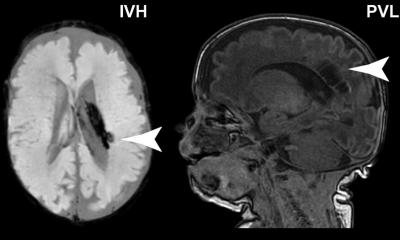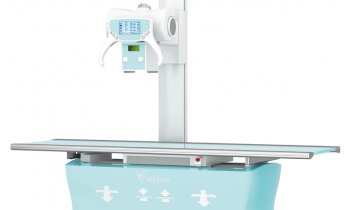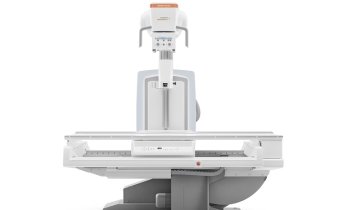Premature newborn survival 30% higher in high volume neonatal centres
And 50% higher for very premature babies born after less than 27 weeks of pregnancy
The survival of premature newborns in England is 30% higher in specialist units treating large numbers of neonates, reveals an analysis of national data published in the online journal BMJ Open.


The advantage is particularly evident for very premature babies born after less than 27 weeks of pregnancy, where the figure rises to 50%, prompting the authors to conclude that new services for newborns should promote delivery of very preterm babies in high volume units.
How best to organise critical care for newborns has been the focus of intense debate, with the results of various studies indicating that centralised care is linked to better outcomes.
But after a review in 2003, the government in England decided to reconfigure services into managed clinical networks (MCNs). These offer some of the benefits of centralisation, while still permitting smaller units to remain open, in a bid to maintain ease and equity of access to services.
To gauge the impact of treatment volume within an MCN, the researchers looked at the survival and health of 20,554 premature babies admitted to 165 NHS hospital neonatal units in England between 2009 and 2011.
These units regularly contribute outcomes data to the National Neonatal Research Database, and were all part of the Neonatal Economic, Staffing, and Clinical Outcomes Project (NESCOP).
Some 17,955 of the babies were born between 27 and 32 weeks of pregnancy; 2559 were born after less than 27 weeks.
In all, 44 of the 165 hospitals (27%) had a level 3 or tertiary level neonatal unit - a designated specialist centre which receives referrals from other hospitals; 81 (49%) had a level 2 unit, which offer high dependency and some short term intensive care; and 39 (24%) had level 1 units, which don’t provide high dependency or intensive care.
Almost one in 10 (1892) of the 20,554 babies were born in hospitals with neonatal units that were classified as high volume, but not tertiary level. And a slightly smaller proportion (1817) were born in neonatal units classified as tertiary level, but not high volume.
High volume was categorised as 3480 days of care each year given to babies born after less than 32 weeks of pregnancy.
There was no difference in survival rates between very premature babies admitted to either level 3 or other level neonatal units at the hospital of their birth. But there was a difference when it came to volume.
Overall, 394 (4.1%) newborns born prematurely after less than 33 weeks of pregnancy died in high volume units compared with 395 (3.6%) premature newborns in other units.
Babies born after less than 33 weeks of pregnancy and admitted to a high volume neonatal unit at the hospital of their birth were around 30% less likely to die within 28 days than those not admitted to this type of unit.
And very premature babies born after less than 27 weeks of pregnancy were almost 50% less likely to die if admitted to a high volume neonatal unit.
“The effect of volume on neonatal outcomes is an important consideration for policy makers deciding the optimal organisation of neonatal specialist services,” conclude the authors.
Future research should also assess the impact of transfers, particularly in light of the reorganisation of MCNs into Operational Delivery Networks following the 2012 Health and Social Care Act, they add.
07.07.2014











